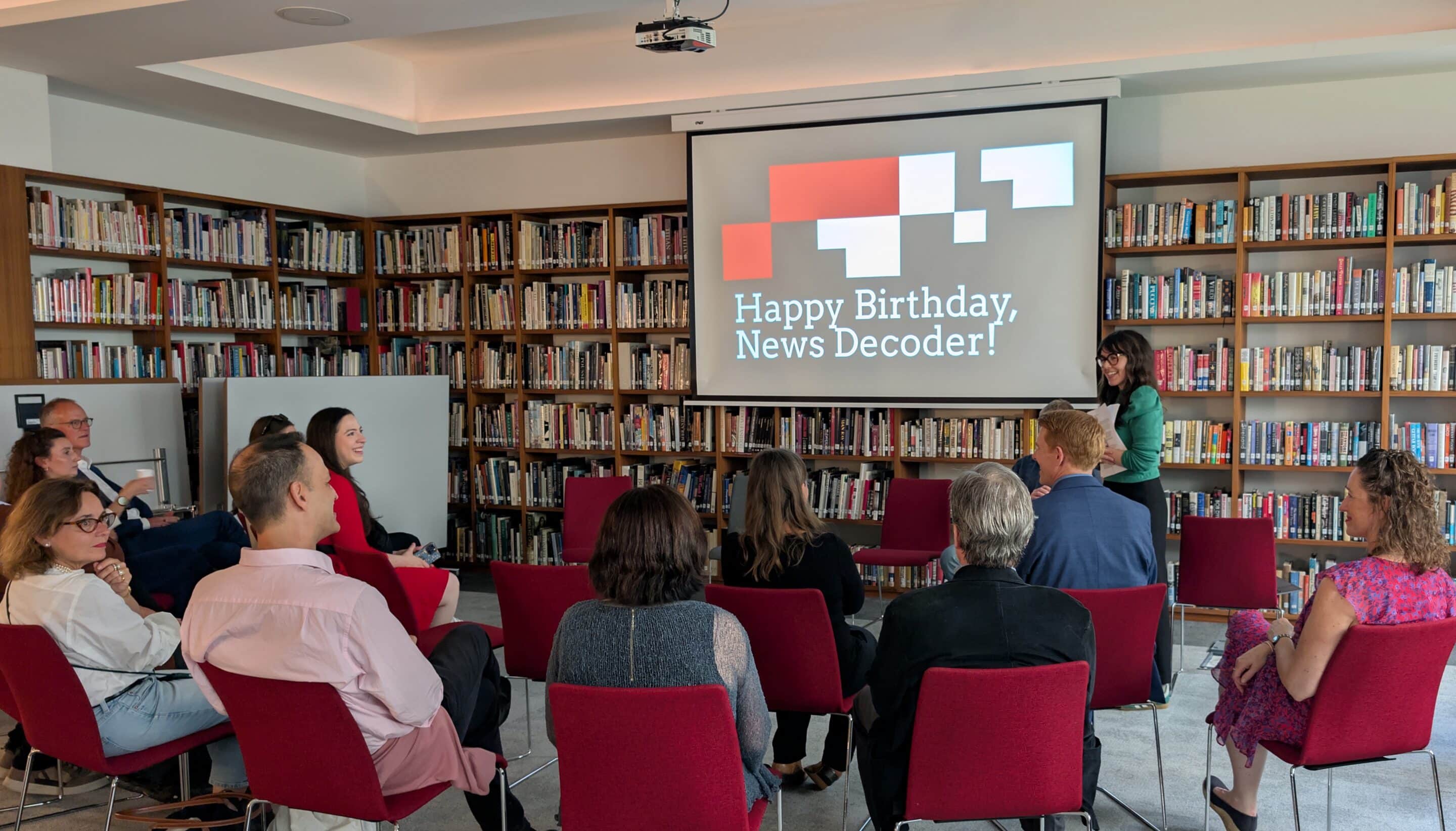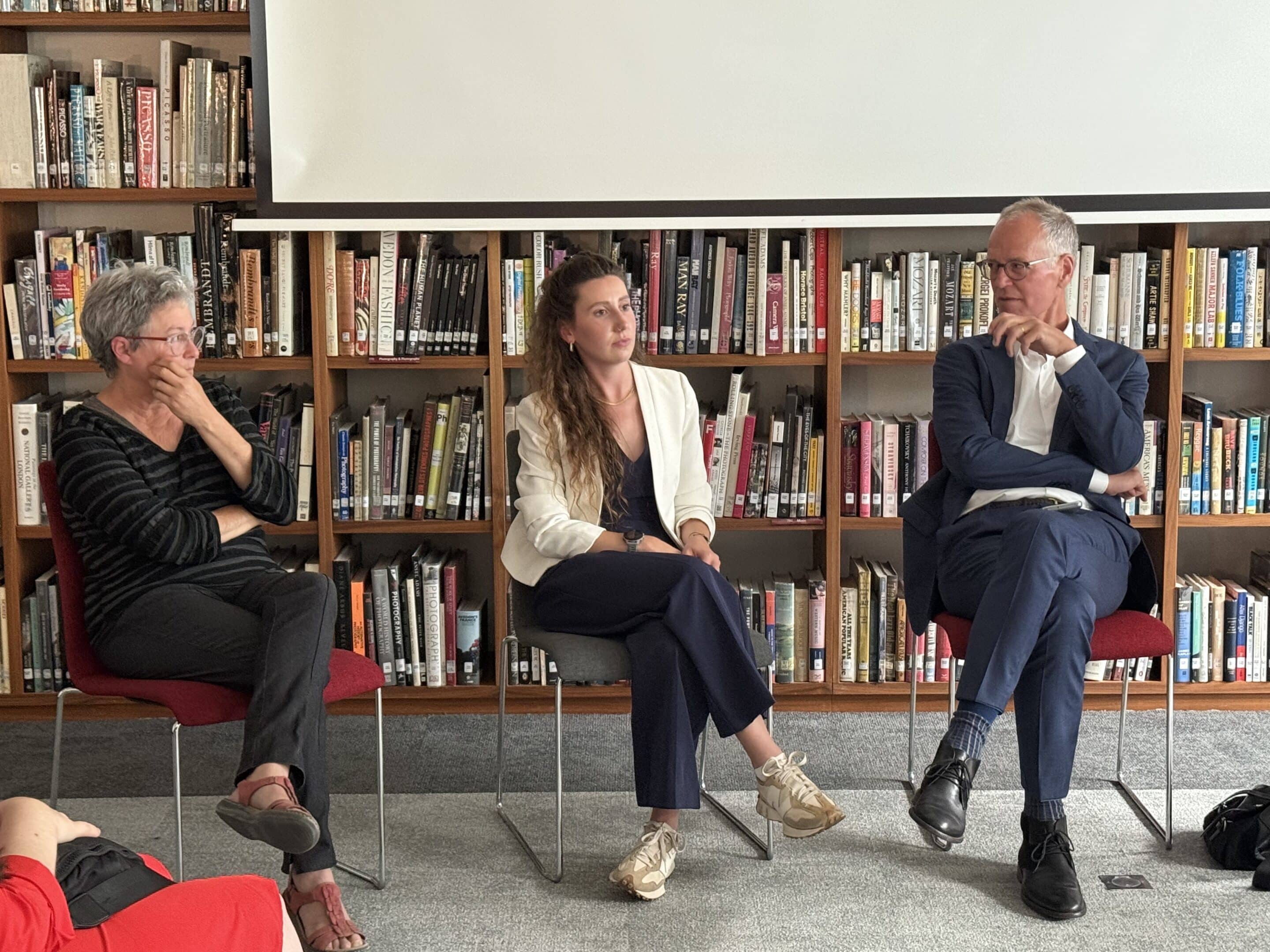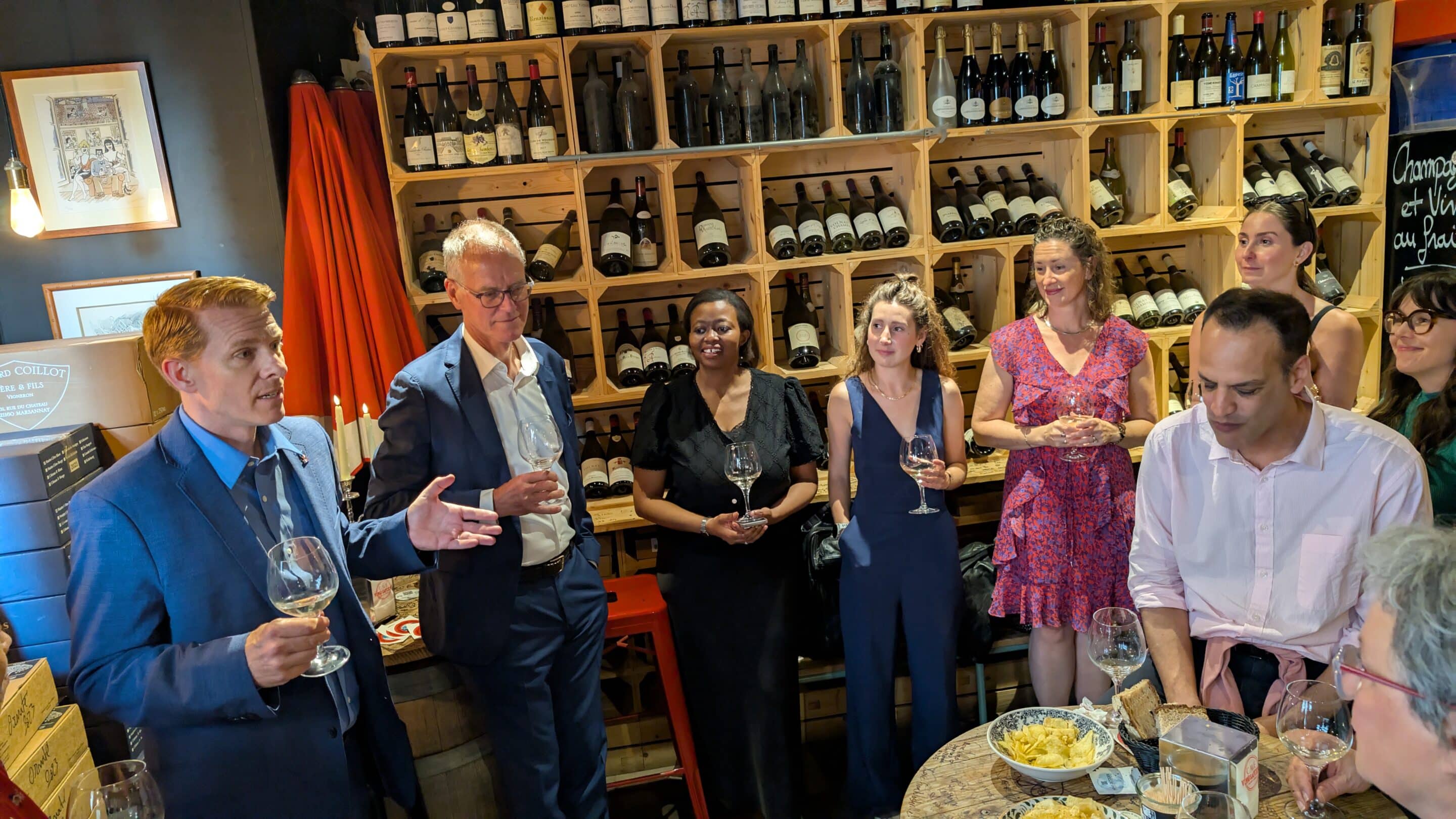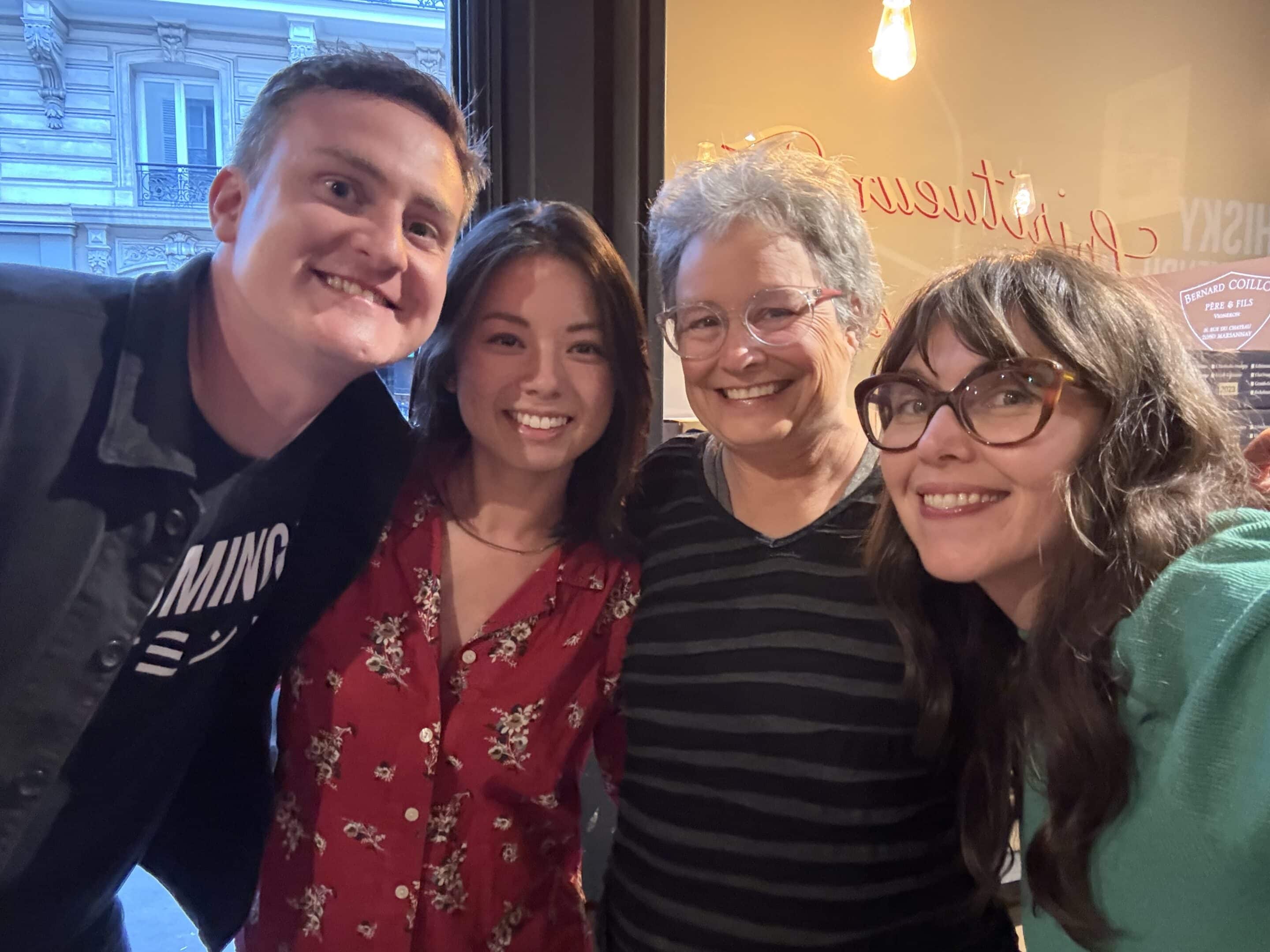As News Decoder celebrates its 10th birthday, the need for young people to appreciate different perspectives and be globally aware is more pressing than ever.

A birthday cake with 10 candles. (Credit: kajakiki/Getty Images Signature)
In June of 2015, we asked this question in one of our first headlines: “Why care about what’s happening in Turkey?” The story explored Turkey’s long history with Europe and why Europe might want it to be part of the European Union, or not. It was by Nadia Dala, a journalist with deep experience in the Middle East and a journalism teacher.
Today is our 10th birthday. News Decoder is still asking the same basic question: Why care? Why should a teen in the United States care about what happens in Kashmir? Why should young people in Switzerland care about what happens in Uganda? Why should a high school student in India care about what happens in Colombia?
When I was a young reporter, an editor continually frustrated me with a similar question when I pitched a story: Why would readers care? It was a surprisingly difficult question to answer. I realized it came down to this: Because they would see themselves connected in some way to what was happening.
That was my challenge. I needed to show readers how they connected to whatever story I was reporting on. To me, that meant the story needed to be about something that most people care about all the time — things like housing, money, identity, food, health, children and animals.
Nelson Graves told readers 10 years ago that he founded News Decoder on “a problem and a premise.” The problem was that young people are inundated with constant news from everywhere, but so much of what is thrown at them assumes they already have the background knowledge needed to understand the context of what is happening around them.
Without that context they face this conundrum: Even as they are more informed than possibly any generation before them, they are more bewildered. As the world shrinks they feel more disconnected.
We need to care more than ever.
I decided to touch base with Graves again. I asked him this question: If you had founded News Decoder this year instead of 10 years ago, would you have seen a different problem and premise or are both still valid?
He gave me an unqualified YES!
“Our goal from the start has been to help young people become better global citizens — and the world needs articulate, empathetic, insightful, determined, open-minded, trustworthy global citizens more than ever before,” he wrote. “Our world is more polarized than ever.”
I just finished up working with a group of high school students in France who put together a podcast that connected environmental degradation to poverty. They asked and answered my first question here: Why care? They said that when people in one country pollute the air and water or buy products that depend on the exploitation of resources from other countries, it leads to all kinds of effects elsewhere — floods, heat waves, poverty — and that in turn causes migration and social problems that come with that.
These students understand that you can’t look at problems around you in isolation; our problems are all connected and so we have to seek cross-border solutions. That’s been our mission at News Decoder for 10 years.
“News Decoder helps young people see the million shades of gray around us and to be wary of seeing only black and white,” Graves said. “Social media and slick politicians cling to easy slogans and sound bites. News Decoder helps young people dig into issues so that they appreciate the complexity of the most intractable problems and so that they can assume positions of leadership.”
Let’s sail above the sea of fake news.
Graves said that we are now seeing populists embracing nationalism and stigmatizing others.“The News Decoder community celebrates diversity and differences,” he said. “We all risk drowning in a sea of fake news. News Decoder helps young people sort fact from fiction.”
The Atlantic magazine recently ran a story about teen apathy. Data shows that kids naturally want to learn but that excitement for learning diminishes with each year they advance in school until the vast majority of them feel disconnected from learning altogether by the time they graduate.
That may be because our educational systems are geared to teaching them knowledge, but there is so much knowledge out there at our fingertips it feels overwhelming. We react by disconnecting and there are more ways than ever to do that now: endless video games, movies, shows and sports broadcasts.
A student in the U.S. state of Delaware recently wrote a story for News Decoder that explored how social media is making people less empathetic. “Empathy,” wrote Paige Pointer, “is the ability to understand and share another’s feelings, helping to build connections and support. It’s about stepping into someone else’s shoes, listening and making them feel understood.”
At News Decoder, we’ve found that what excites young people is the exploration of the world around them. They want to speak out and be listened to. They want to hear stories from other people and compare those stories to their own experiences. They know that there are problems around them that are existential and they want to work together to find solutions.
It is crucial that we help them do that. The problems facing our world are too pressing. It is all hands on deck and if young people have ideas on how to solve these pressing problems, we need them to stand up now and we need to work with them.
“Our very future depends on our ability to work together to tackle even the thorniest challenges,” Graves said. “News Decoder’s community is made up of individuals around the world who believe in human rights and the dignity of each person.”
News Decoder is our contribution, in the face of naysayers, charlatans and doomsters, to a better world. We’ve done this for a decade and we plan to do this for another decade. Help us blow out the candles and hopefully we’ll see you a decade from now.

Marcy Burstiner is the educational news director for News Decoder. She is a graduate of the Columbia Journalism School and professor emeritus of journalism and mass communication at the California Polytechnic University, Humboldt in California. She is the author of the book Investigative Reporting: From premise to publication.




